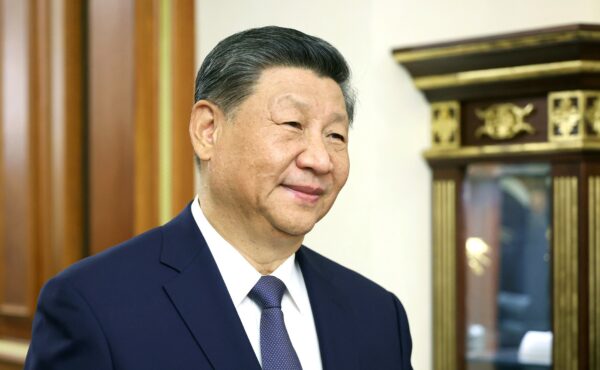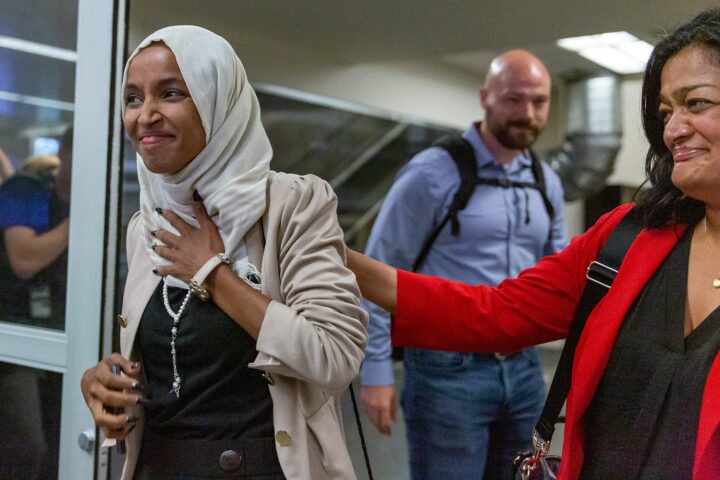President Donald Trump’s implementation of a 104% tariff on Chinese imports went into effect at midnight, prompting an immediate response from China.
In retaliation, China announced plans to impose its own additional tariffs of 50% on U.S. goods, increasing its total tariffs on American imports to 84%.
This escalation heightened tensions in the ongoing trade war, causing global markets to react negatively, with U.S. stock futures dropping early Wednesday.
The White House defended the tariff measures, with Treasury Secretary Scott Bessent stating that China’s retaliatory approach was misguided.
He emphasized that the country’s refusal to negotiate was unfortunate, arguing that China has one of the most unbalanced economies in modern history.
Bessent remarked, “They can raise their tariff, but so what?” highlighting that China’s exports to the U.S. outnumber American exports to China by five times.
In response, Chinese officials accused the U.S. of infringing on its sovereignty and violating international trade rules.
Chinese Foreign Ministry spokesman Lin Jian emphasized that China would not allow any actions detrimental to its legitimate development rights.
As the tariffs took effect, American stock futures slipped further, with the Dow Jones Futures and S&P 500 both dropping over 2%.
Treasury bond prices fell, pushing yields up to 4.38%.
The Trump administration remains optimistic that the tariffs will compel other nations to negotiate trade agreements, with reports indicating that over 70 countries have expressed interest in discussing trade deals.
White House Press Secretary Karoline Leavitt stated that Trump believes China will ultimately need to negotiate, asserting that retaliating against U.S. measures was a strategic error.
She pointed out that Trump’s response to aggression is to retaliate more forcefully, thus the impetus for the 104% tariffs.
[READ MORE: Trump To Have Physical]








